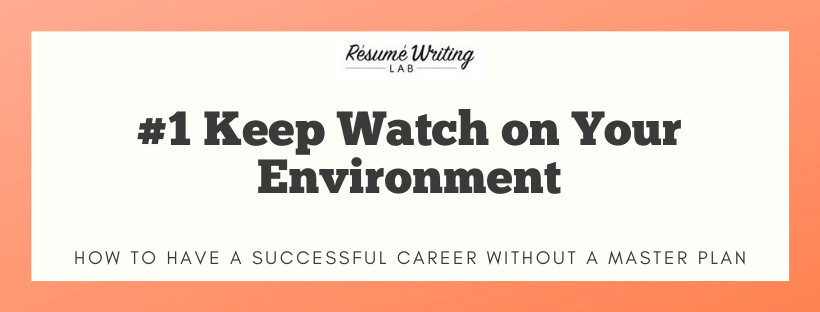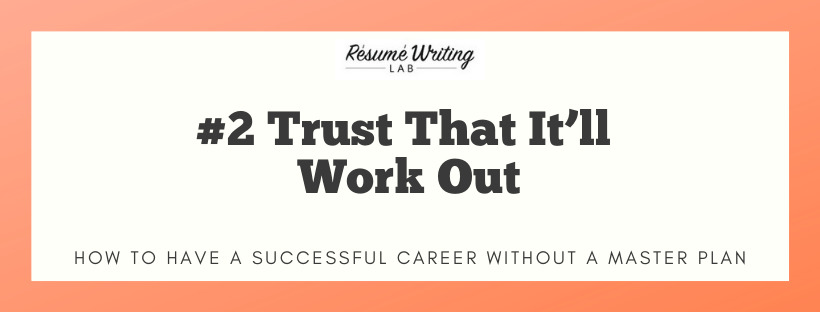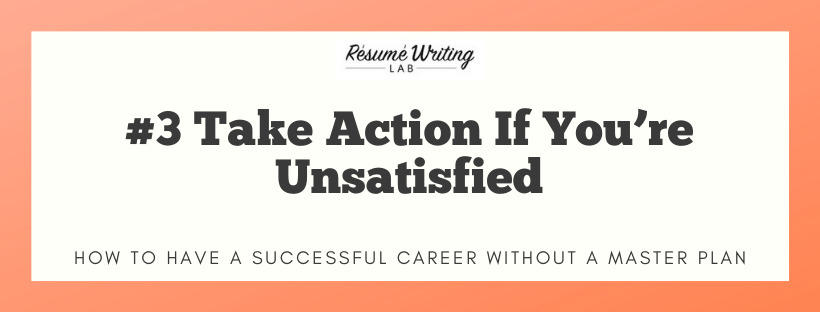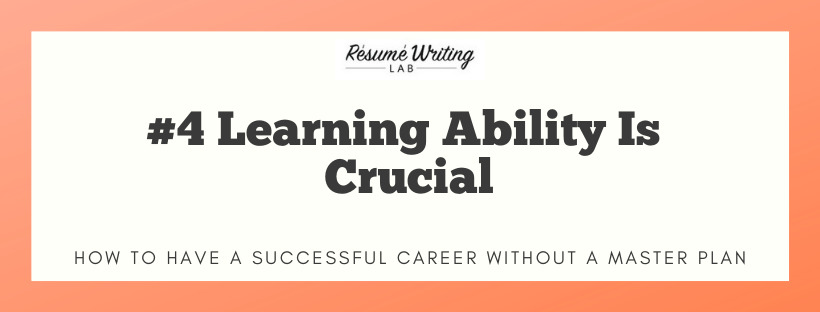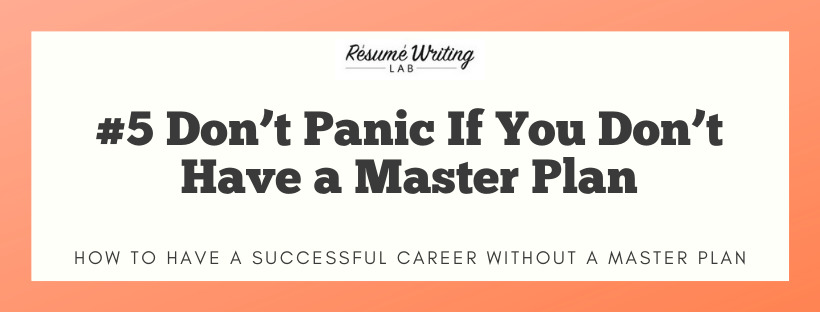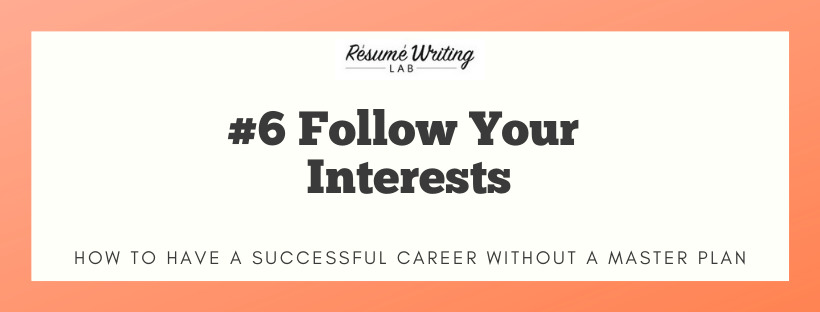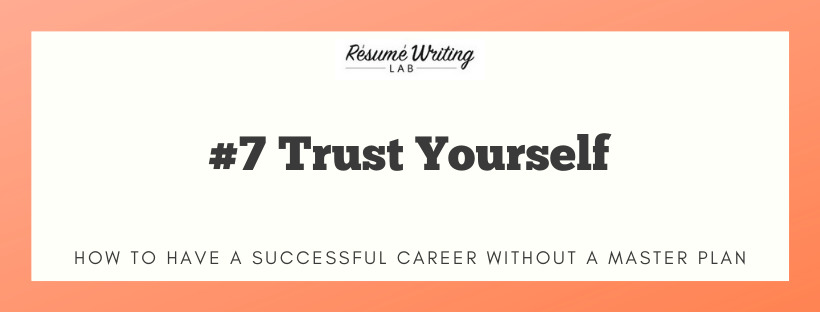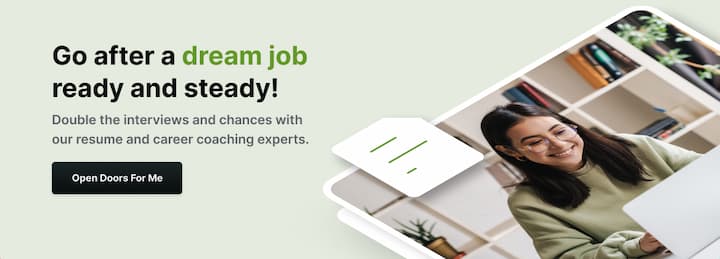How to Quit Your Job Without a Master Plan

From the time we’re kids, people ask us: What do you want to do when you’re grown up? While hardly any of us became actresses, athletes, or ballerinas, we’re constantly told that we must have a career plan to succeed.
Early in our school lives, we need to decide what specialty we want to choose and which path to follow. We’re always pushed to have a plan, and most of us start seriously thinking about what we want to be already at the young age of a teenager.
Watch Your Environment
If you’re like me and you never really had an idea what you want to do in life, you start feeling bad and stressed. All these people around me already knew what they wanted to become in life. And me, nothing.
I had no clue. I only knew what I didn’t want to do: become a teacher, like my parents, or become a doctor because I’m not a fan of seeing blood. I’d not work in banking because I wasn’t a fan of maths either.
I considered studying law because my uncle is a judge, and it seemed like a job with an outstanding work-life balance (at least it looks like observing him), but law seemed too dry and dull for me.
I had no idea what I wanted to be. I knew I wanted to go to university and study something. But what? Most of the curricula sounded too scientific (chemistry, physics, maths), too fluffy (social sciences, business sciences, political sciences, media sciences – what does that even mean?), or too “interesting, but there’s no money in that” (history of art, archeology).
I opted for languages because that’s what I was good at. I chose translation studies because the only other option would have been to become a teacher, and I had already ruled that out.
So step number one to your successful career is: Don’t panic, follow your interests and do what you’re good at.
Make Sure To Make It Work Out
As I approached my diploma, people kept asking me: what do you want to do after your studies? Do you want to be an interpreter? Do you want to be a translator? Don’t you think you should also study something else?
Something more substantial, like business sciences… There are not many positions that need languages in the area where you live. Will you move? I didn’t know, but I thought I’d figure something out once I had my degree.
This is the second important factor for your successful career: Trust in your abilities and that things will work out, even if you don’t see the clear path ahead.
Just Do It
I did move after my studies, but not for the job. Once I arrived in Germany, I found a job as a team assistant thanks to my language skills.
The trouble was, after a few months, I was incredibly bored. There was way too little work for me, and the result was not challenging. I had identified another No Go, so I changed. I moved into customer service, again thanks to my language skills. There it started similarly. Way too little to do. I got sooo bored.
So I offered help to the team manager, which led to me deputizing her and finally being offered the job as a team manager. If you’d asked me before, I’d never have thought about this as a career option.
So here’s my third piece of advice: Don’t stick with a job that’s not right for you. Take action and ask for additional responsibilities.
Learn, Learn, Learn
I learned a lot about recruiting, team management, career management, account management, marketing, social media, content management, and project management from that point on. I realized what my great strength is: I’m a super-fast learner.
I find it easy to gain a basic understanding of almost everything: technical devices, supply chain, pharmaceutical industry, setting up a website, running my own business, social media marketing… The list goes on and on… ok, it would probably stop at quantum physics. But who needs that, right?
This is the key to your successful career: learn as much as possible, even if you don’t know when these skills will come in useful. They will be helpful at some point. Keep learning! In addition, you will always be able to include additional skills in your resume.
No Plan = No Stress
Why am I telling you all this? Because I don’t want you to freak out about not having a master plan for your life since 12. You don’t need to have your life figured out as a teenager.
You don’t need to have it figured out as a tween, either. Most people who have a plan will sooner or later realize that life doesn’t always go according to plan. That’s what life is. Unpredictable.
So don’t despair. Not every one of us has a passion from childhood years on. Many of us have the problem of having many interests but not this burning fire for something in particular. That’s ok. Figuring out your life is the most significant part of life.
Do What You Like to Do
Don’t worry if you have no clue what you want to do, and don’t listen to all the naysayers trying to put doubts in your head. Remember that they are speaking from their own experience, limiting beliefs and insecurities. They probably mean well, but their advice often comes from a place of fear.
So follow what you find interesting. Build on your strengths and figure it out from there. You’ll discover new interests and new strengths along the way. The world today is not as linear as it was in the times of our parents or grandparents.
There is so much change, so the essential quality is learning fast and adapting to a new reality. So don’t worry if you don’t have a vision board or a five-year plan to succeed.
Believe in Yourself
You can be very successful as a career changer – as long as you know your strengths, trust in your abilities, have an intrinsic motivation to make the best out of your life, and learn how to present your skills to a new employer.
When I changed to my current company (yes, I still have a full-time job, too), I had no experience in the pharmaceutical industry. I could have thought to myself: I don’t stand a chance! I have no experience in this business. Instead, I thought: I’ll figure it out. I have figured everything out so far.
So, I confidently entered the interview and convinced them that I’m a speedy learner and that I’ll take no time adapting to the new environment.
Now it’s your turn to go out there and make the change you want, not the change that seems reasonable. Eliminate what you don’t want to do, and don’t be afraid to try something new. Don’t worry about being a career changer.
Never forget: being an allrounder is a significant advantage. You need to know how to sell it: in your resume, in your cover letter, in your job interview, and if you need help with that, you know where to find it.

